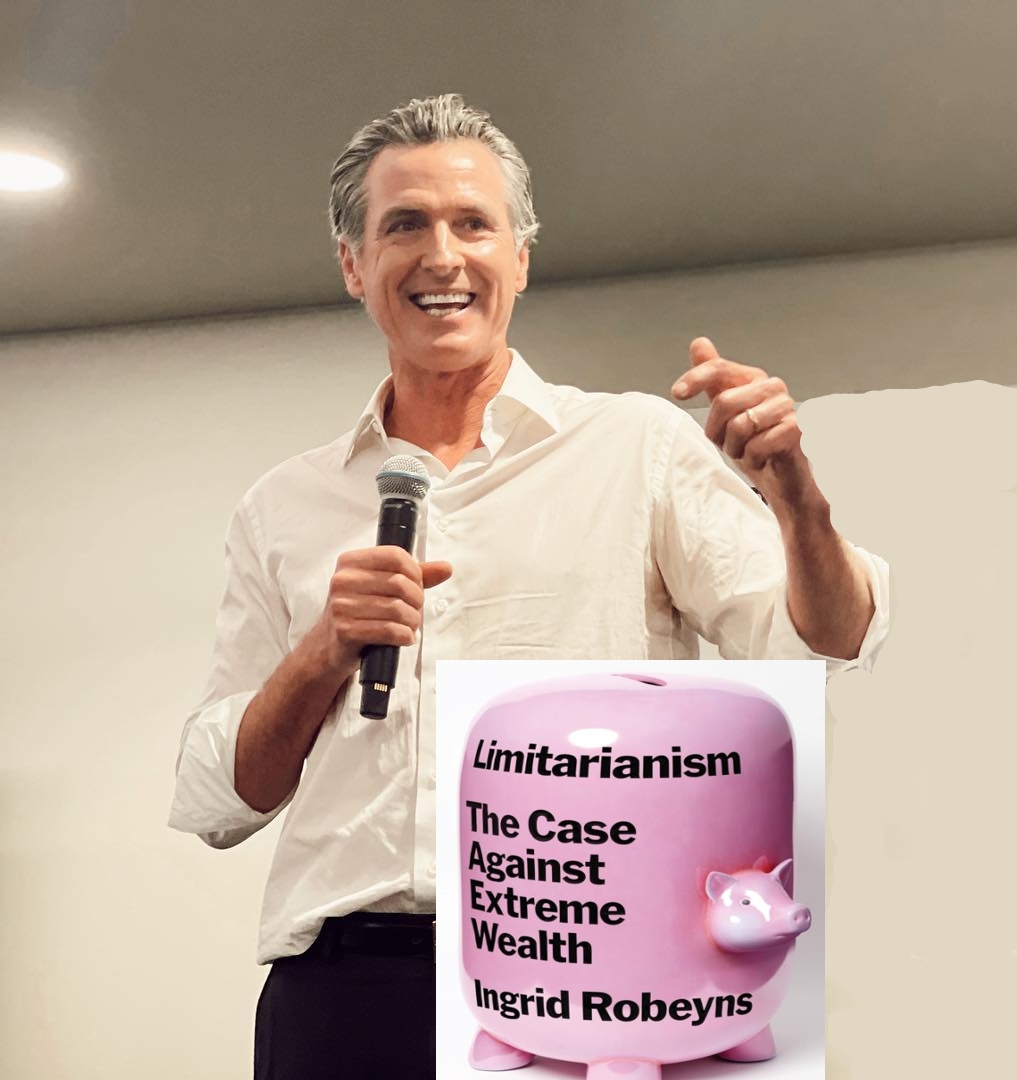As civilizations grapple with historical precedents and contemporary challenges, the debate over wealth limits resurfaces with renewed vigor. Economist and philosopher Ingrid Robeyns advocates for governments to implement wealth limits, proposing a guideline of $10 million per person in her recent call to action.

Robeyns argues that extreme wealth, often entangled with unethical practices like tax evasion, not only exacerbates societal inequalities but also undermines democratic principles. By curbing wealth accumulation, she contends, societies can foster greater equity and promote equal opportunities for all citizens.
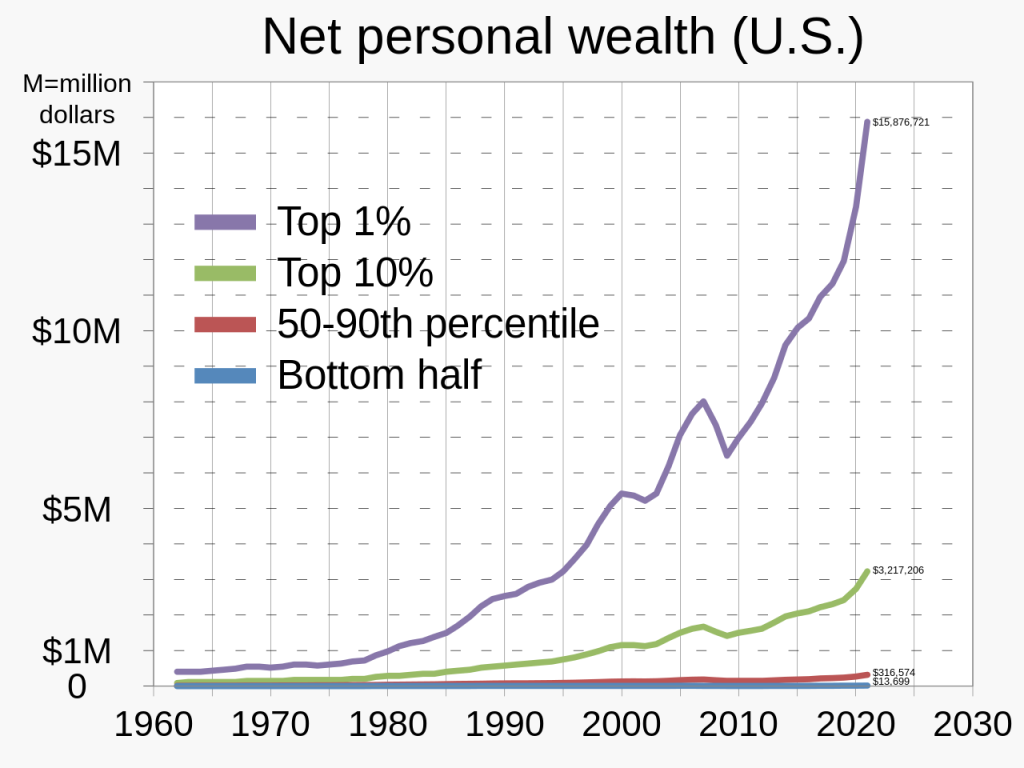
The proposal comes amidst growing concerns over the concentration of wealth and power in the hands of a privileged few. Robeyns emphasizes the need for policies that prevent the perpetuation of intergenerational wealth disparities, including steep inheritance taxes and measures to empower workers in decision-making processes.
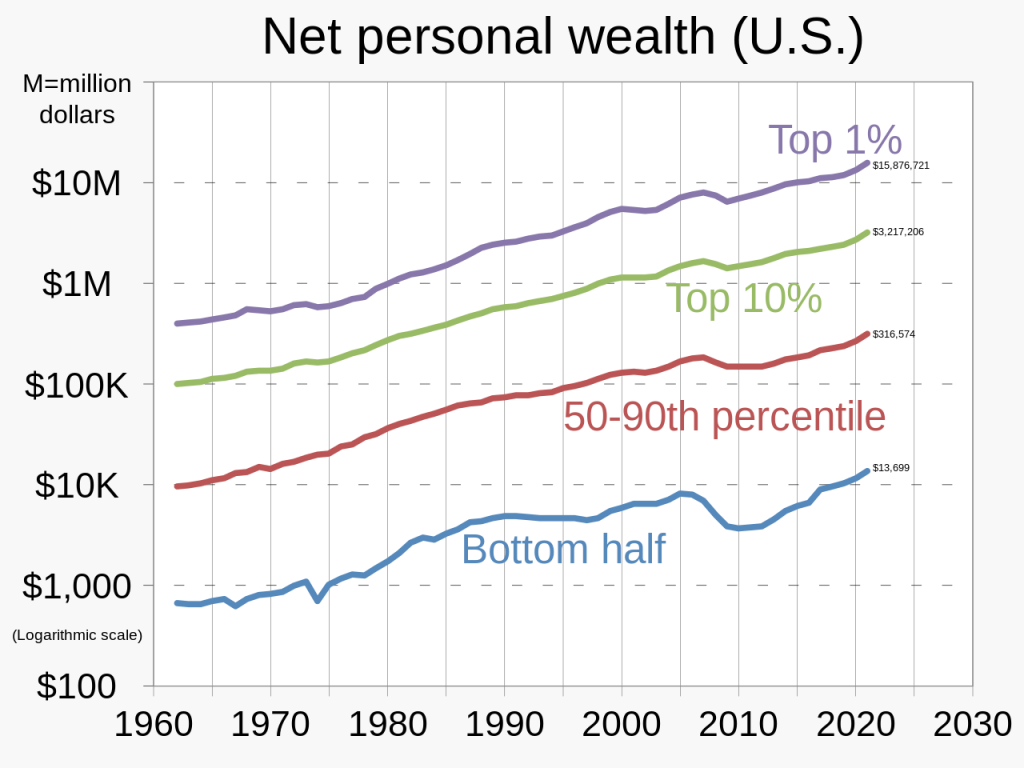
Furthermore, Robeyns highlights the ecological imperative of limitarianism, stressing the potential of redirecting excess wealth towards addressing pressing global challenges such as climate change. However, she acknowledges the complexities of implementing such policies within existing political and economic frameworks.

Drawing on cross-cultural insights, Robeyns underscores the universality of concerns surrounding extreme wealth and its societal ramifications. Notions of “super-richness” converge around the proposed limit, signaling broad support for reevaluating prevailing attitudes towards wealth accumulation.
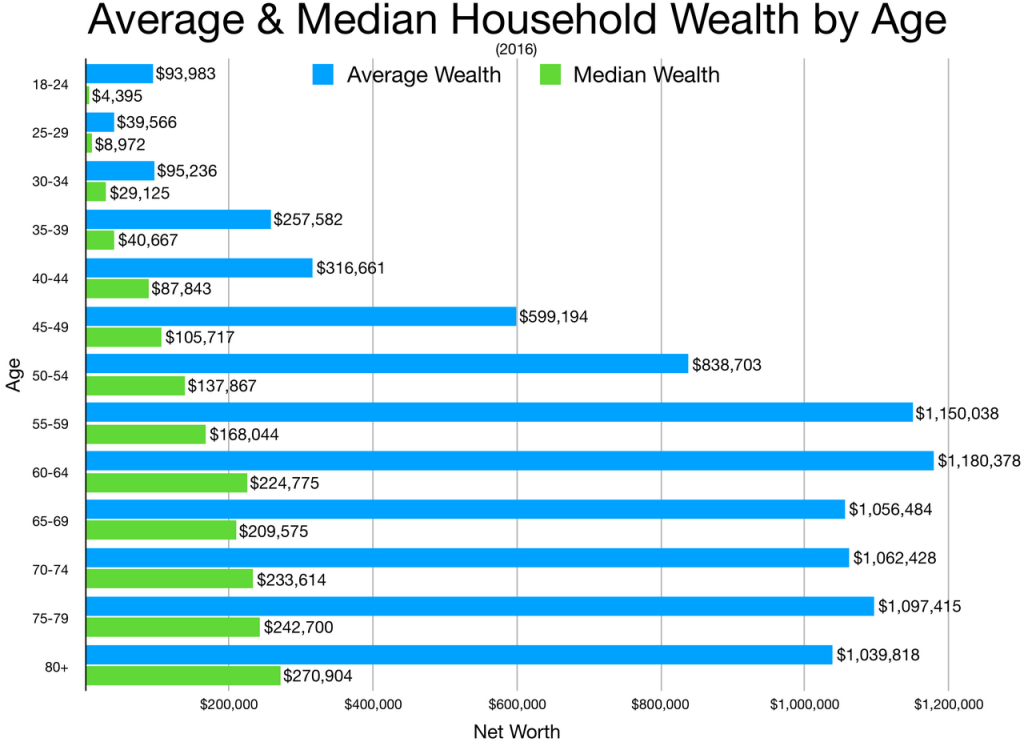
In the face of mounting inequalities and environmental crises, Robeyns’s call for wealth limits serves as a timely reminder of the need for bold action. Her proposal ignites critical discussions and challenges policymakers, scholars, and citizens to confront the ethical implications of unchecked wealth accumulation.
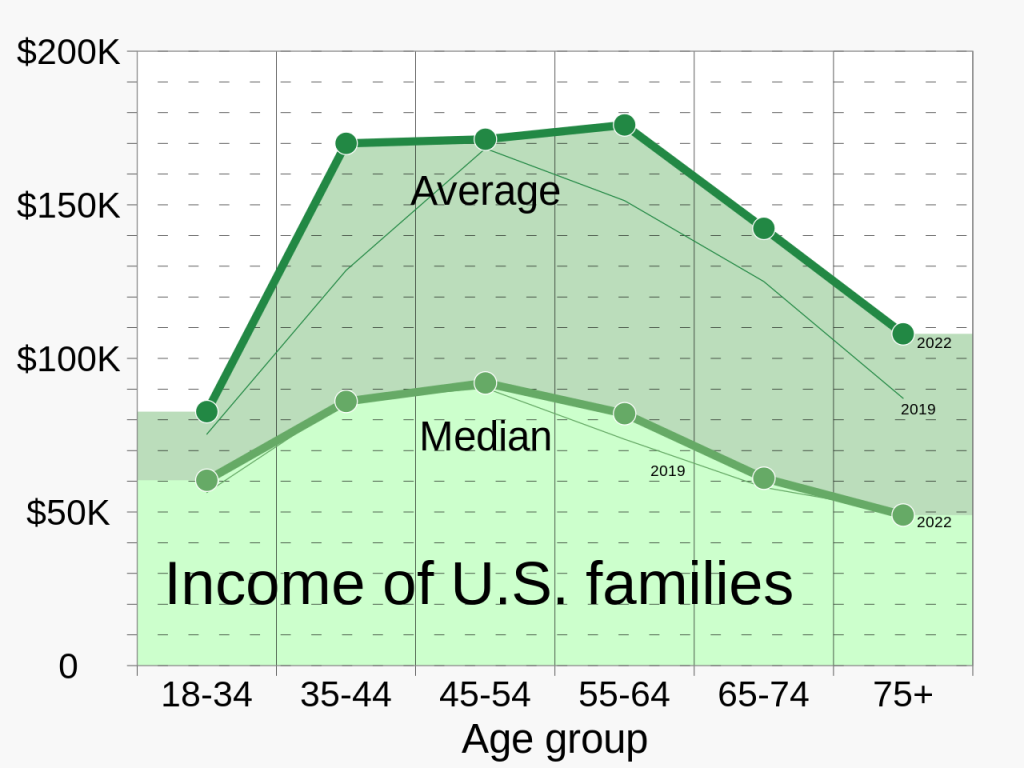
Ultimately, Robeyns’s advocacy for sensible limits on wealth accumulation echoes the sentiment that the common good should take precedence over individual wealth accumulation. As societies grapple with complex socio-economic issues, her proposal offers a pathway towards a more just and equitable future.

